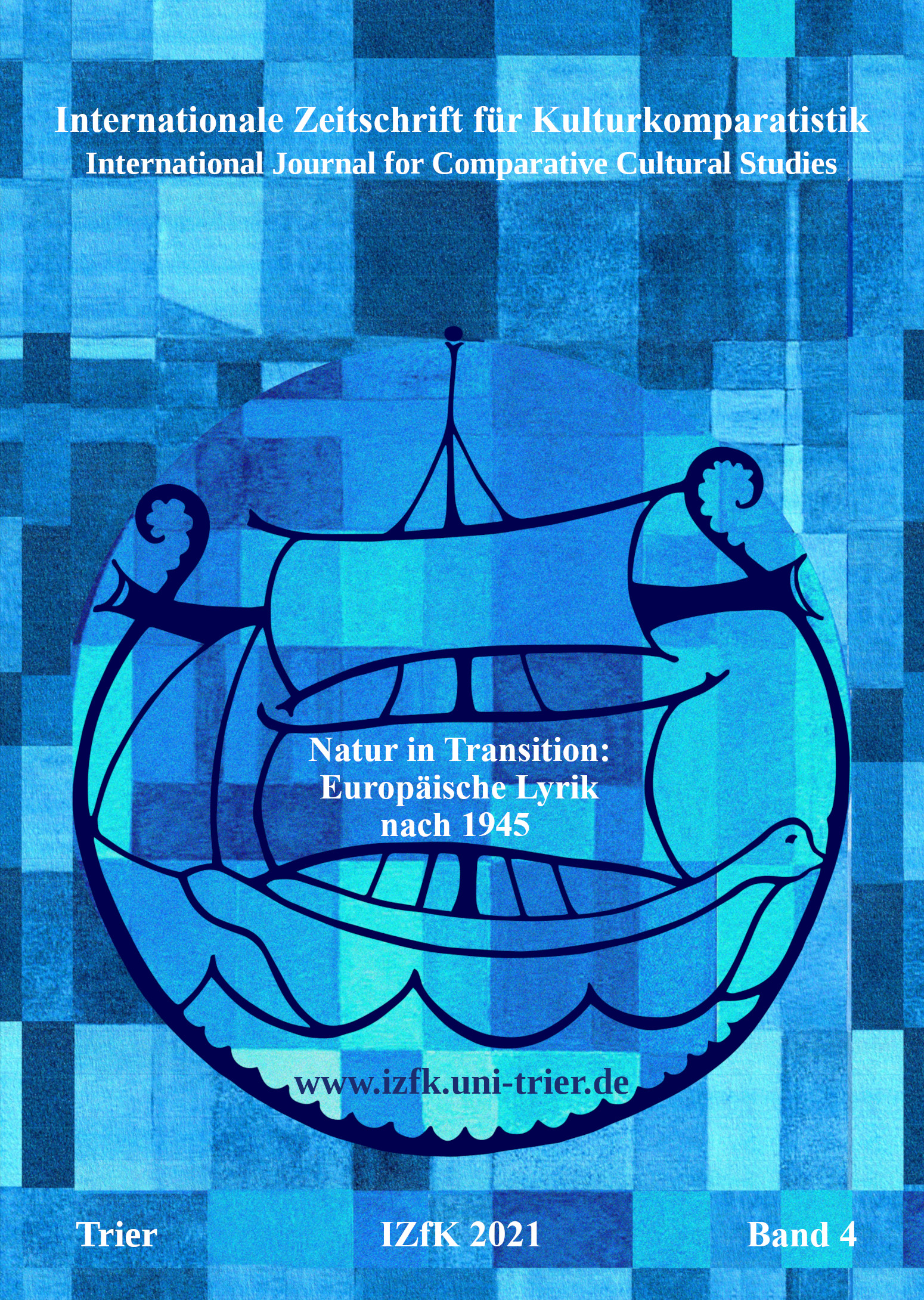Zum Geleit: Natur in Transition: Europäische Lyrik nach 1945
Main Article Content
Abstract
Even if the category of nature in the poem has lost its innocence since 1945, speaking about natural phenomena and natural disasters retains its in-spirational effect upon poets and readers. In the conversation taking place from poem to poem and betsween poetry and its readers, nature continues to provide a basis for knowledge, including politically and ideologically. The transition of poetic formssu that have shaped the image of nature for centuries also plays a telling role: the post-1945 nature poem draws again and again from the rhetorical reservoir of the genre, whether from the didactic poem derived from Lucretius or from the idyll of the classical tradition. Recent nature poetry questions the foundations of the Anthropocene, beyond lyricism and beyond well-honed ecocriticism. From a variety of perspectives, the contributions to this special issue of IZfK examine these transitions and transformations in the category of nature and the nature lyric in post-1945 European poetry. How can we speak poetically – and, by extension, politically – about nature in light of the ecological "modes of death" proliferating in the 21st century? What in-fluence do the natural sciences have on new nature writing? By what means are classical genres of nature poetry such as “Elementargedicht”, pastoral, bucolic, and didactic poems being rewritten?

